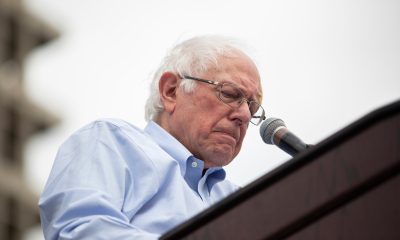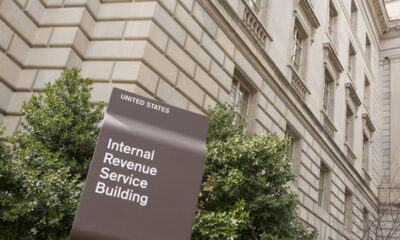Almost 100 Members Of Congress Have Made Financial Trades That Create Conflicts Of Interest

At least 97 current members of Congress or their immediate families have conducted financial trades that have “interfered with their congressional work,” according to an analysis published by the New York Times.
Federal law does not currently prohibit federal lawmakers from investing in any company or financial asset, even when their congressional role could impact how it does business. Watchdogs and some media members have placed greater scrutiny on the business dealings of lawmakers in recent years.
Some expert financial analysts have even been creating and managing funds with publicly-traded assets based on the personal portfolios of some of the most wealthy and successful stock traders in Congress.
The new study describes a number of recent trades that have suspicious timing, at a minimum.
The wife of Rep. Alan Lowenthal (D-CA) sold her shares of Boeing on March 5, 2020, just one day before a House committee her husband served on released highly damaging findings about the company’s 737 Max aircraft that had been involved in two fatal crashes.
Rep. Bob Gibbs (R-OH) is a member of the House Oversight Committee and bought shares of pharmaceutical manufacturer AbbVie in 2020 and 2021 while the committee was actively investigating the company’s pricing policies.
The report indicates that the questionable financial trades fell almost equally between the two parties, identifying 47 Democrats and 49 Republicans with questionable transactions.
The most notorious Washington stock trading couple is Speaker Nancy Pelosi and her husband Paul. The speaker has faced continuing allegations of suspicious trading by her husband, even though the Times did not name Pelosi as one of the 97 members with trades creating conflicts in its report.
It appears the Times chose to only investigate lawmakers who serve on committees, which excludes Pelosi. As speaker, she does not sit on any House legislative committees.
There has been a call from several members of Congress in recent years to ban some or all trading in individual stocks by lawmakers.
Rep. Chip Roy (R-TX) has said that the “American people don’t want us day trading for profit, and engaging in active trading of the very equities that are connected to the policies that we are deciding on and voting on every day.”
Roy is a co-sponsor of a bill that would require lawmakers to put many of their financial assets in blind trusts during their time in office. That would mean that members do not have personal knowledge of the assets held in their investment portfolios and could not direct how trades are made.






















